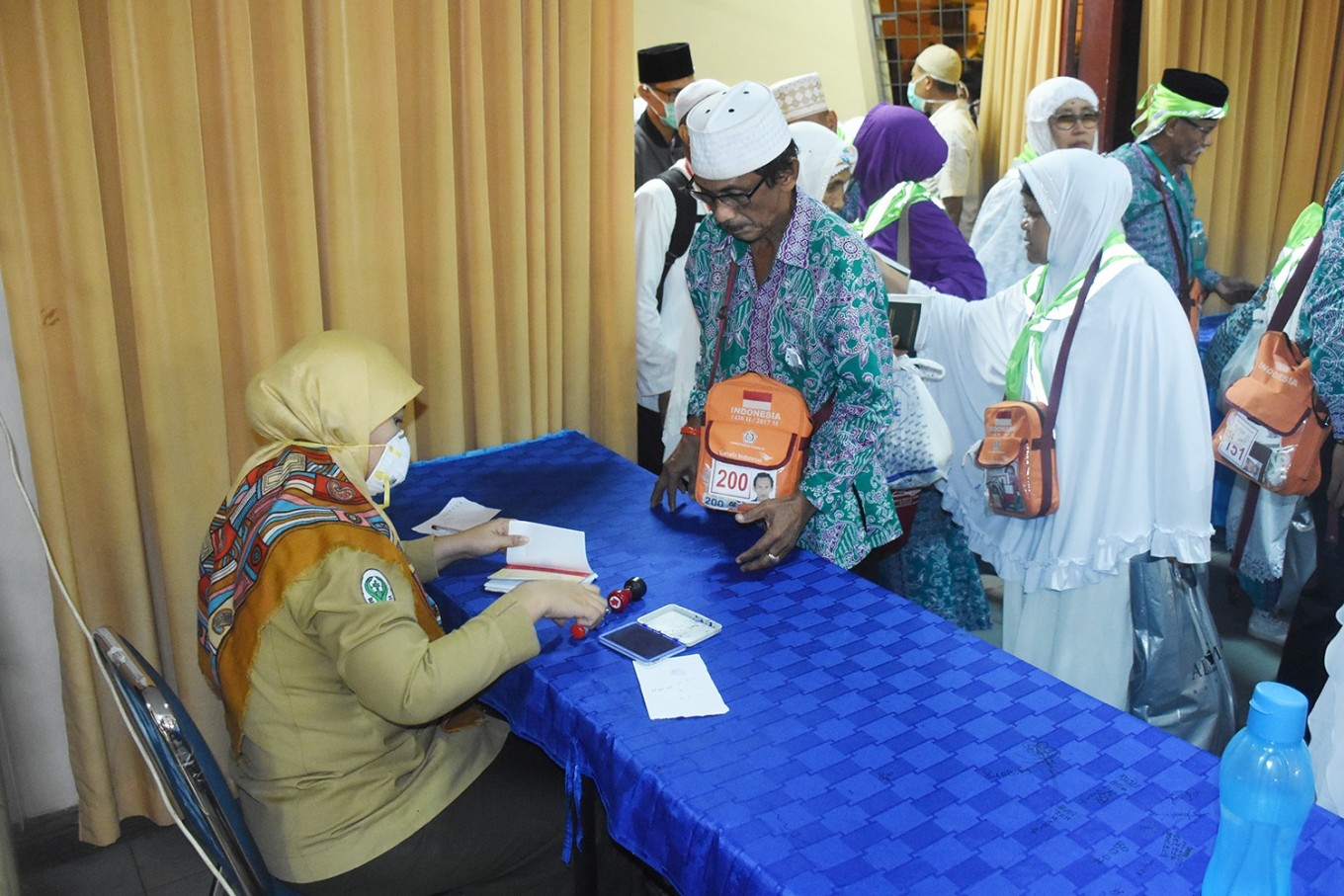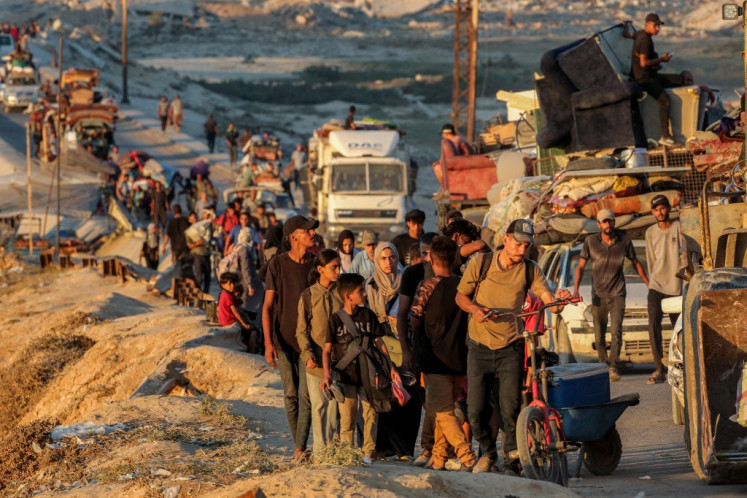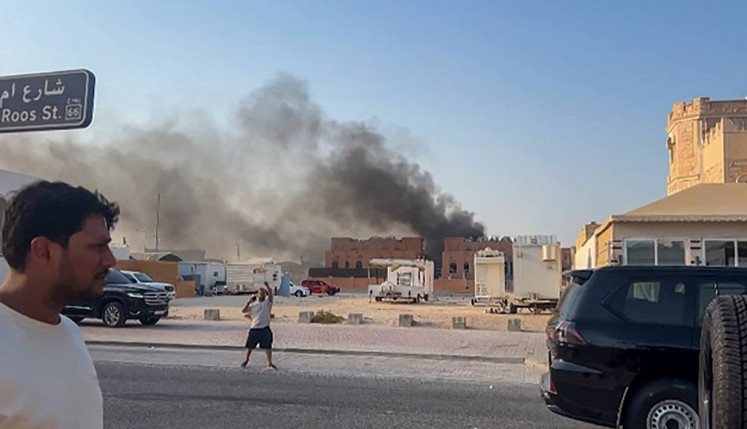Popular Reads
Top Results
Can't find what you're looking for?
View all search resultsPopular Reads
Top Results
Can't find what you're looking for?
View all search resultsHaj pilgrims urged to avoid contact with camels to prevent MERS
Change text size
Gift Premium Articles
to Anyone
A
head of the upcoming hajj period next year, the Health Ministry warned hajj pilgrims on Wednesday to avoid contact with camels to prevent potentially contracting Middle East respiratory syndrome coronavirus (MERS-CoV).
MERS-CoV is a zoonotic virus that can infect humans through animals, particularly infected dromedary camels.
It had come to the ministry’s attention that haj pilgrims often took pictures with camels during sightseeing trips.
“Because there is no vaccine for MERS-CoV, [pilgrims] should try to avoid the disease by limiting their contact with camels,” head of the ministry’s hajj pilgrim health center, Eka Jusuf Singka, told a press conference in Nusa Dua, Bali, on Wednesday.
Many travel agencies also offer pilgrims a chance to ride camels during umrah (minor haj) or haj tours, Eka said. However, some have already excluded the experience from their travel packages and replaced it with shopping trips.
The last Indonesian to die from MERS-CoV was Nurhayati Ahmad Amin, who succumbed to the virus in Mecca in 2014.
A MERS outbreak killed 23 people in Saudi Arabia between Jan. 21 and May 31 this year, the cases of which were among the 75 laboratory-confirmed cases of MERS during the period, the World Health Organization (WHO) has said. (ipa)










